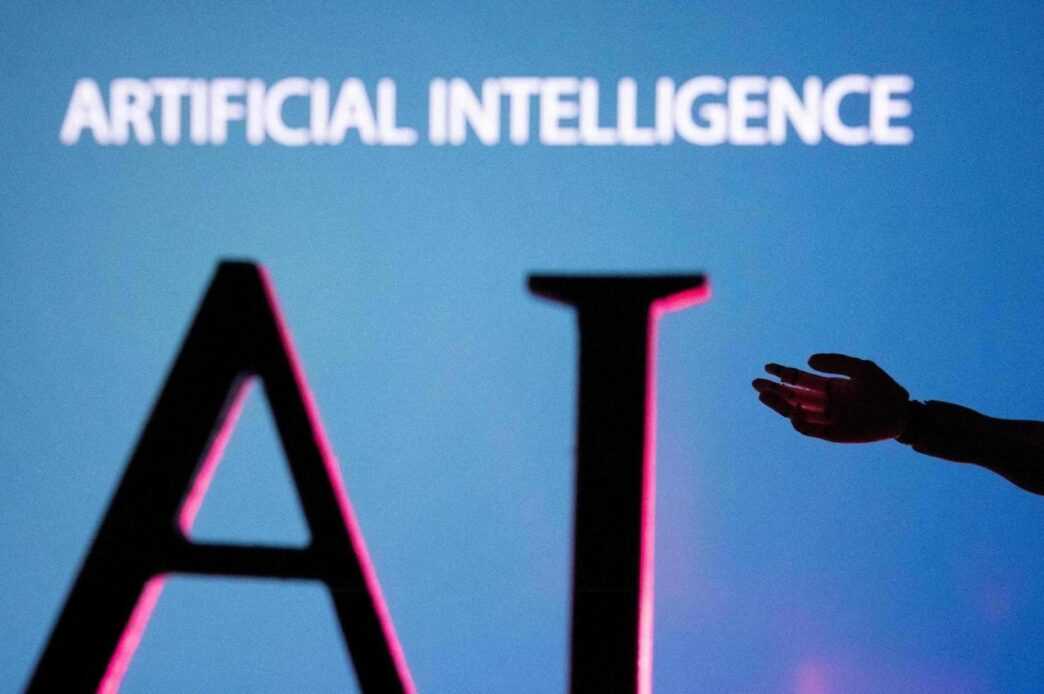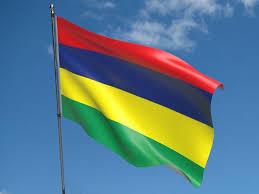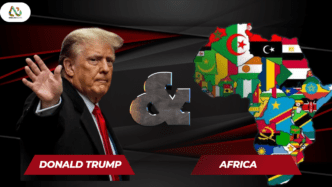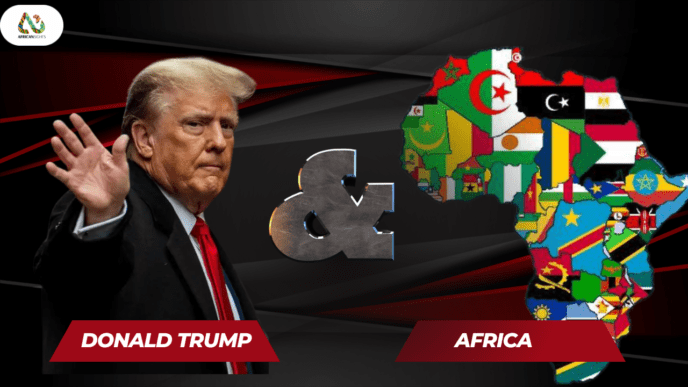AI Revolutionizing Business Communication in Africa
Africa is home to over 2,000 languages, making communication a major challenge in business, trade, and digital connectivity. However, artificial intelligence (AI) is transforming how businesses interact by breaking down language barriers and fostering economic growth.
From AI-driven translation apps to voice recognition software, tech giants and African startups are developing innovative solutions to enhance multilingual communication. Google’s AI-powered Google Translate and Meta’s No Language Left Behind (NLLB) are expanding African language support, enabling entrepreneurs to reach wider markets. Similarly, local startups like Masakhane and SpeakAi are advancing AI solutions tailored for African dialects, making digital content more accessible.
AI-powered chatbots and customer service tools are also improving business operations. E-commerce platforms, banks, and service providers are integrating AI-driven language processing tools to provide real-time support in multiple African languages. This is boosting financial inclusion, digital trade, and cross-border transactions.
However, challenges remain. Many African languages lack sufficient digital data for AI training, limiting translation accuracy. Experts emphasize the need for localized AI models, investment in indigenous language datasets, and collaborative efforts between governments, tech firms, and linguists to refine AI’s understanding of Africa’s diverse linguistic landscape.
As AI continues to evolve, its role in bridging language barriers will shape Africa’s business future, ensuring inclusivity and expanding opportunities in the digital economy.
Read also: Convicted War Criminal Thomas Lubanga Forms New Rebel Group in Eastern Congo














